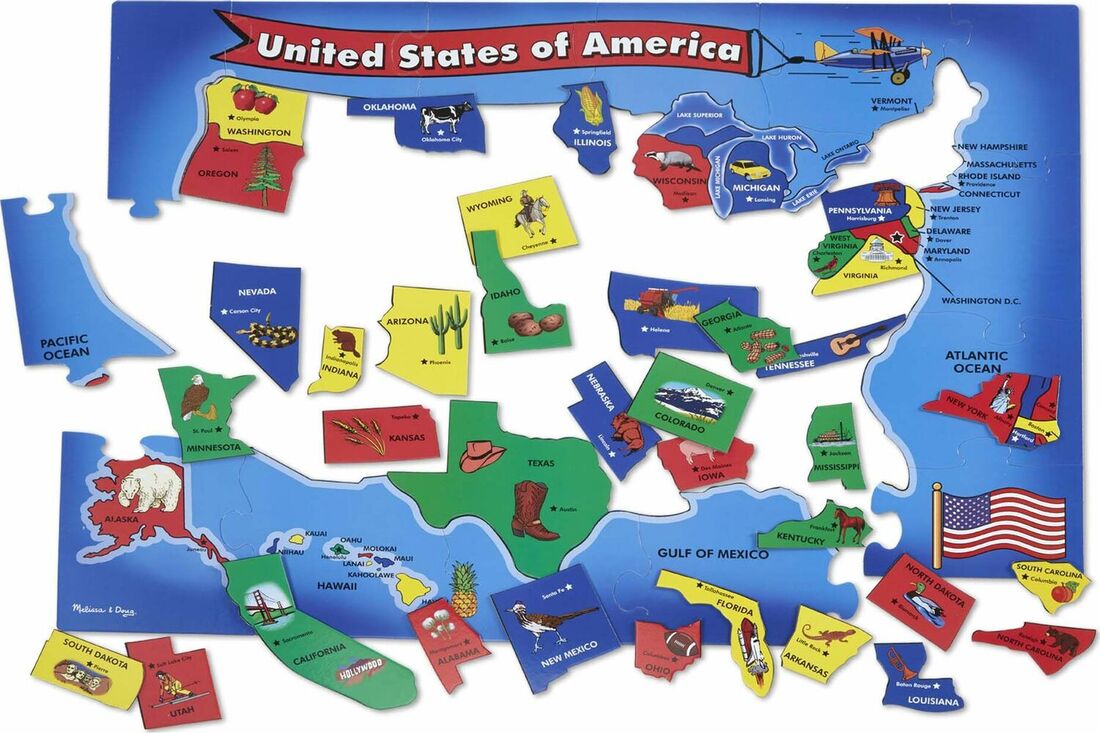|
To secede or not to secede. The question often looms just in the background, just far enough off stage that you don’t quite see it, but it’s always there. And it has resurfaced in the state of Illinois–again. An article on The New American for August 25th deals with it. It notes that three counties will vote next November to try to split downstate Illinois from the Chicago area. And I don’t think that’s a bad idea. We lived in Illinois for several years and noted that the liberal vote from Chicago was often enough more than sufficient to outdo the vote from the entire rest of the state on certain issues that benefitted Chicago, even though the rest of the state voted against them. The New American article stated: “Two counties in Illinois, along with a portion of a third county, will vote this November to consider a nonbinding resolution to split the state in two–essentially making the City of Chicago its own entity while the rest of the state follows another path. Brown County in western Illinois and Hardin County in southern Illinois, along with the northeast portion of Madison County in the southwest part of the state, will vote to consider joining 24 other counties who have already voted in the last five years to study the possibility of the rest of the state breaking away from Cook County and the Chicago area to form their own state. Or, put another way, the counties would like to kick out the Chicago area, which dominates state politics. The movement to separate downstate Illinois from Chicago is still alive,” And the mentality in Chicago is light years away from the mentality in Southern Illinois! In 2019 two state representatives sent a bill to Congress that sought congressional approval that would allow the non-portion of Illinois to become its own state. It seems Congress freaked over that and it never got out of committee. As an aside, Judge Andrew Napolitano had an article on Lew Rockwell’s website for September 1 which noted that: “Nullification and secession as ideas were cast aside by the Supreme Court and by the outcome of the War Between the States. But the defeat of an idea–politically, legally or even militarily–cannot always bury the idea permanently. When an idea’s time has come, nothing can stop it.” The judge is right–when the time comes, nothing can stop it. One of the men who sent the bill to Congress said that “My reason for signing on is that there are two different Illinois in the state. We have to have policies that allow both to compete nationwide. The idea of separating Chicago from the rest of the state isn’t new. It goes back as far as 1840. Many counties have longed for years to separate themselves from what goes on in Chicago. The New American articles notes: “In the 1970s, fourteen counties in west-central Illinois began referring to themselves as the Republic of Forgottonia as a way to protest how their needs and wishes were largely forgotten by the state legislators in Springfield…Downstate legislators as recently as 2011 asked that the rest of the state be separated from the Chicago area after Pat Quinn was elected as governor despite carrying only three counties outside the Chicago area. Downstate citizens don’t feel heard in a state government completely dominated by far-left Chicago.” The article also notes that: “The Illinois movement to break away from liberal stronghold Chicago echoes other movements such as the Greater Idaho movement, which looks to move several Oregon counties to Idaho, a state they believe lines up with their more conservative values.” And, although it’s not mentioned much in our “history” books, one of the reasons for the South’s secession from the U.S. in 1861 was that the cultures of the two sections were very different and the theologies of the two sections had become different with the advent of Unitarianism and Transcendentalism in the North as opposed to orthodox Christianity in the South. The New American article concludes: “While these movements don’t have what most consider to be a reasonable shot for succeeding, they are a gauge of how fed up many in rural America are feeling regarding their representation. People in rural America feel they are ignored by state and federal government–and they’re right.” Same here in north Louisiana. Liberal New Orleans gets all the action while those of us in the rest of the state get some splendid rhetoric and that’s all. It won’t stay this way forever. At some point something will have to give and those who laughed at secession will end up crying in their beer. This article was previously published at Revised History on Sept. 1, 2022.
1 Comment
|
AuthorAl Benson is the South’s best-known Copperhead (Northern-born patriot), a prolific columnist. and the coauthor of Lincoln’s Marxists. Archives
July 2024
|

